Description
All coffee bearing the Carpenter Estate name is grown at over 5000 feet elevation. All of their Estates considers soil and water conservation as a priority, and, the plantation is bird and eco-friendly. The plantation employs a medium density shade strategy, using two types of shade trees. This promotes even ripening of coffee cherries and provides habitat for at least 90 species of birds.
These are washed processed Arabica coffees. Quality Control begins in the field; Cherry coffee is hand-picked and carefully checked for uniformity; it must be red and fully ripe which allows for the correct balance of sugar and acid within the cherry. This selected cherry is then pulped on the day of picking.
Tasting Notes:
Similar to the Sigri coffee but with just a pinch of brightness and no fruitiness, very clean in its profile. Smooth, rich and chocolaty with some spice note accents. Most would call it a pretty sweet chocolaty cup with a bit of spice. Very smooth cupping this year with minimal herbal tones or earthiness. Medium bodied with a sweeter edge, a cup almost anyone would enjoy. Kind of like a Sumatra coffee without all the earthy funk. Best served in the medium to dark roast levels but some will find joy at lighter roast points with a longer setup.
Roasting Notes:
Very easy to roast – large screen peaberry beans that roast very even. Being fresh as can be they can take a little longer to get to 1st crack. Although some will like it, I would avoid the light roast points, one can get some underdeveloped chocolaty notes.
The quick story of Papua New Guinea Sigri/Bunum-Wo/Kindeng: one can clear up a lot of information when you get on the ground somewhere. What I and many others thought was a farm “Sigri Estate” is really just a section of the larger Carpenter Estates – Sigri being only one of the areas of the estate (easily the most famous). The other two are Bunum Wo and Kindeng. Each of the three produces a stellar cup with slightly different tastes; PNG being full of microclimates really puts a different spin on each section. Each one is like its own village situated right next to each other, with separate wet mills, drying fields, nurseries, living quarters, and schools, for each of the three sections. They do share a couple facilities (dry mill, bagging, trucking to port) and many staff.
Each of the three sections of Carpenter Estates has separate fields for different strains and top-notch agronomists to grow the best beans. Most of these folks have coffee in their blood. Being a part of the coffee here is a birthright for them (seen as a cradle to the grave philosophy). Great pride all around.
Read More:
Papua New Guinea “The Wild West Of Coffee Production”
Papua New Guinea Carpenter Estates Coffee
These Carpenter Estate coffees are gems – nothing like your traditional PNG coffees. Almost a 0 defect screen with immaculate processing. You can just look at the beans and see the care and time that went into them.
A fermentation process follows, for a period of three days broken every 24 hours by washing – but unlike most other brands, the Carpenter process follows this by total immersion in water for a further day, which creates a superior coffee. Careful conditioning of 21 days is followed by hulling, grading, color sorting and finally hand sorting. This combined with rigorous quality control before packing produces the finest green bean for which Carpenter is renowned.
All grades are then continuously sample-roasted and liquored by experts. This provides a final check on the quality of the green bean product, and is a practice unique in Papua New Guinea.
Quality Control At Carpenter Estates:
Non-edited Wet Mill Running At Carpenter Estates:
Elementary School At Sigri Estate:
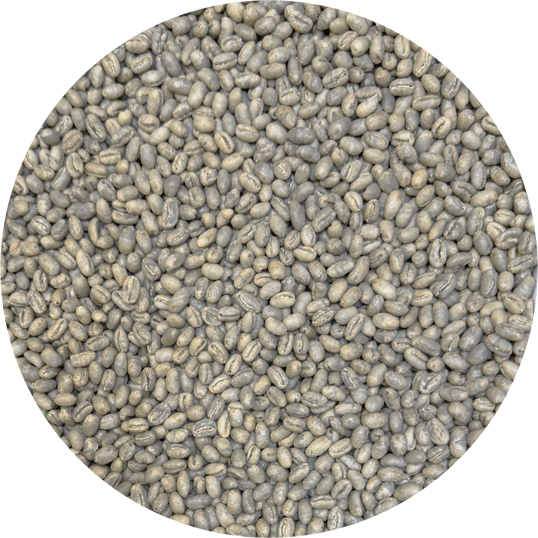
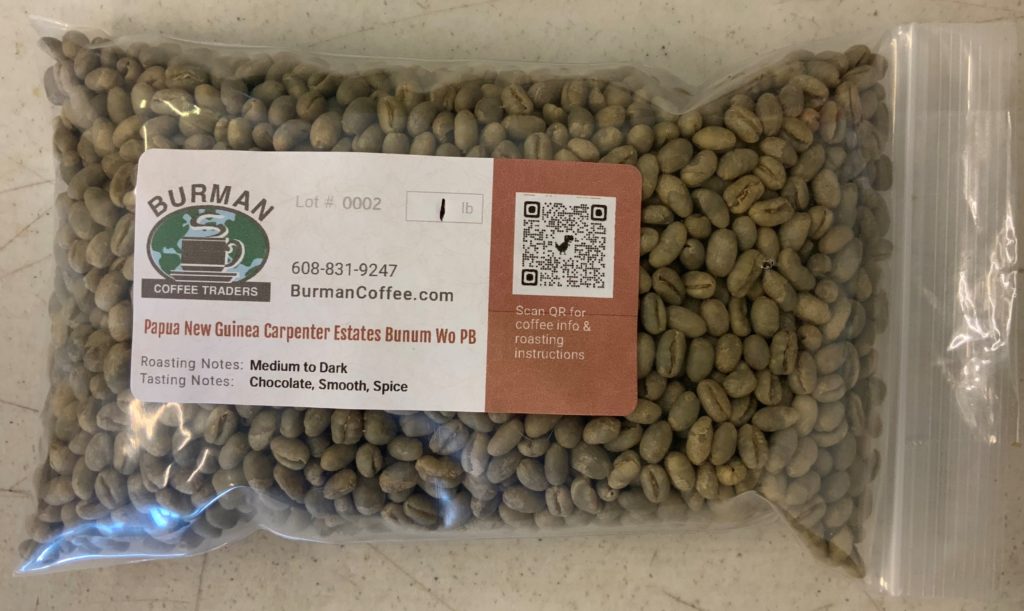
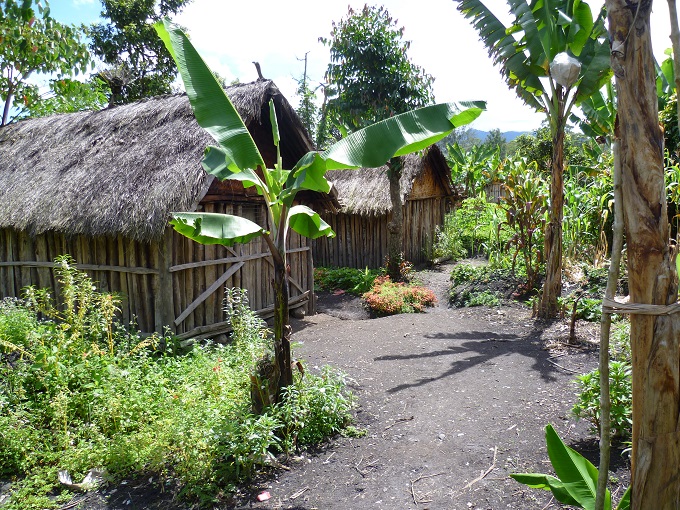
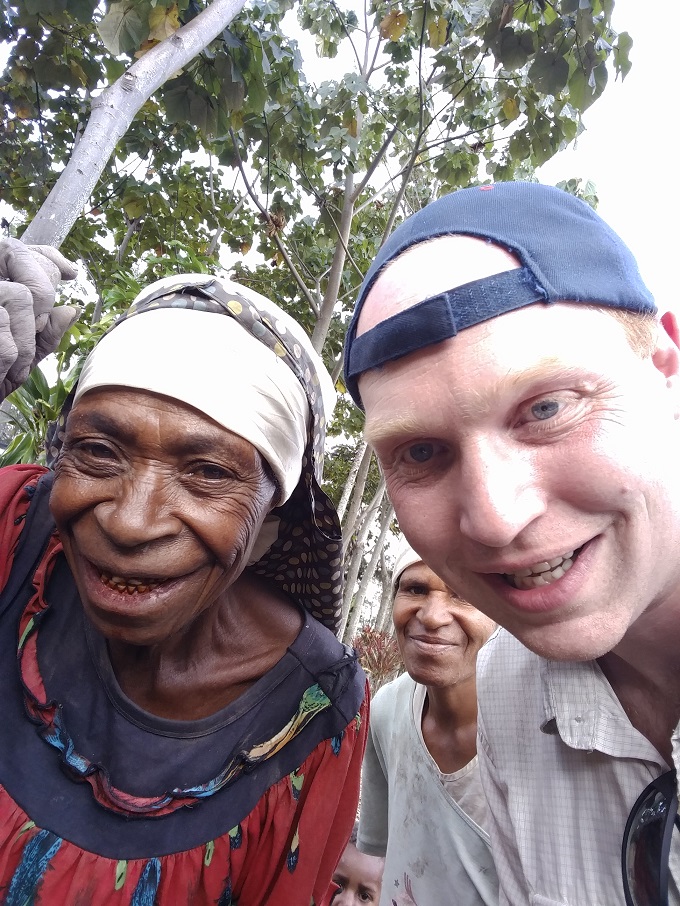
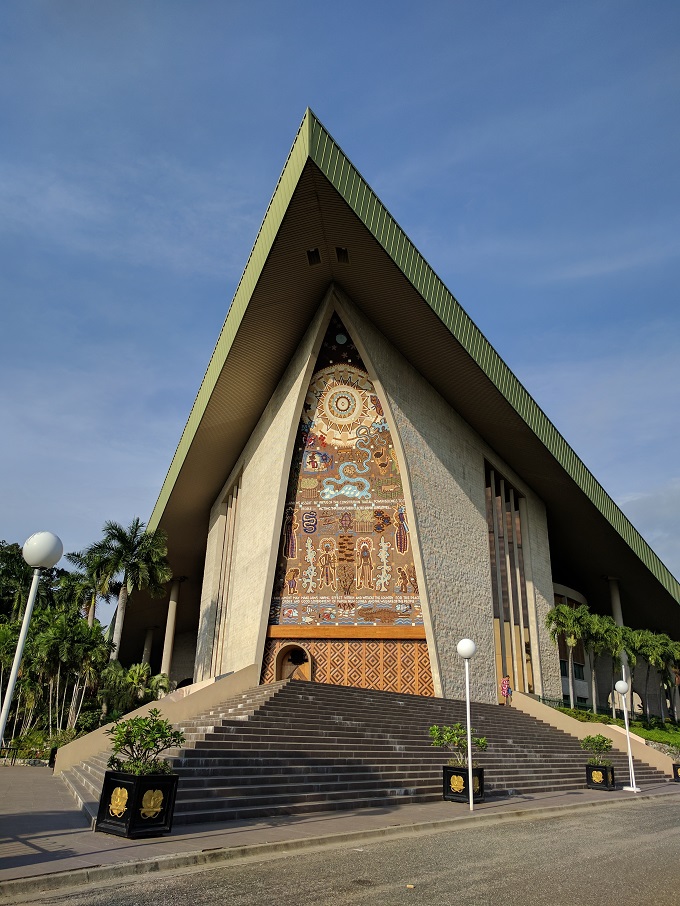
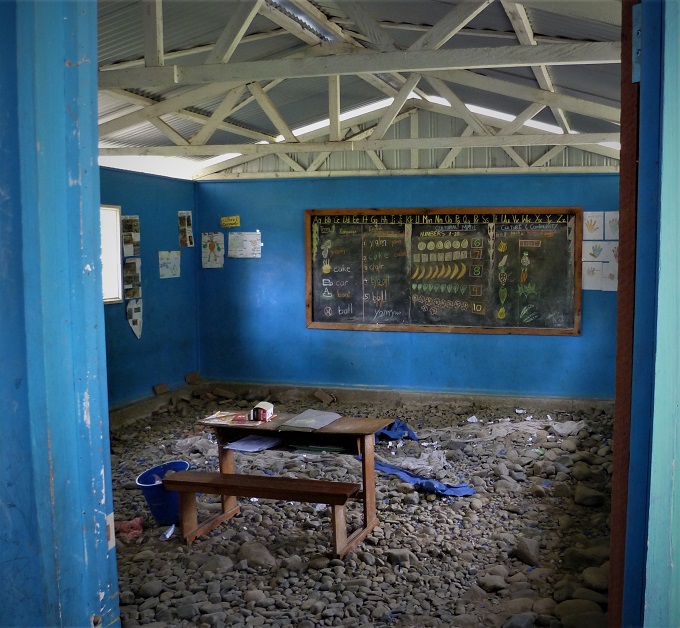
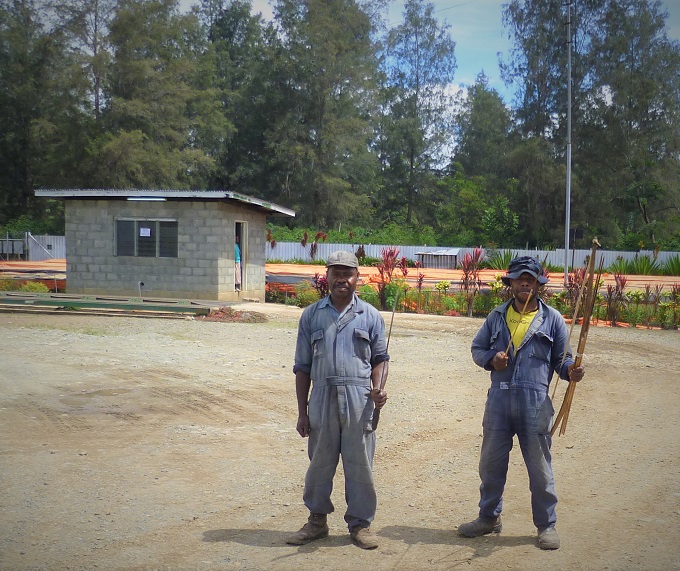
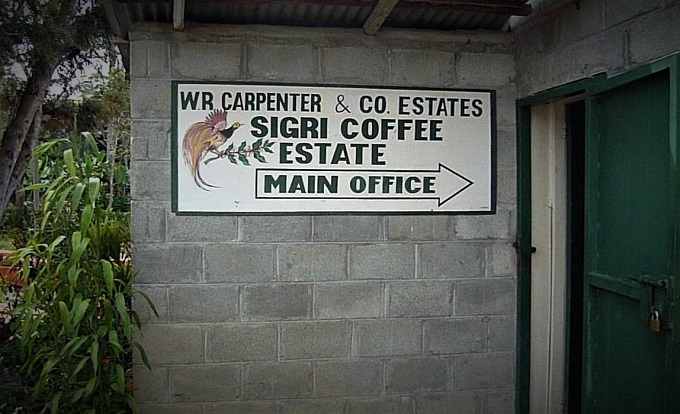
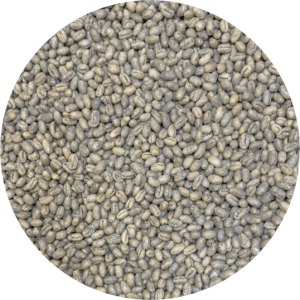
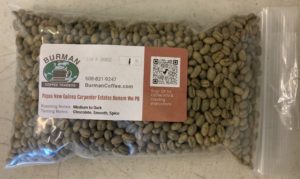
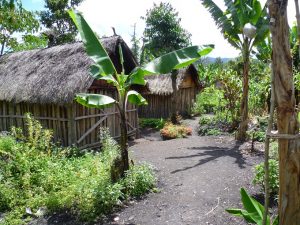

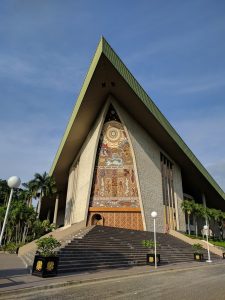
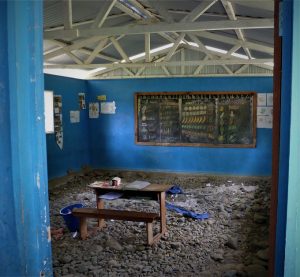
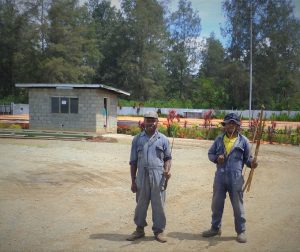
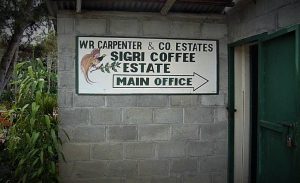
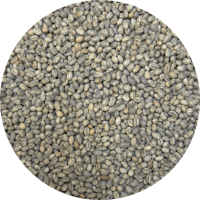
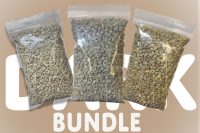
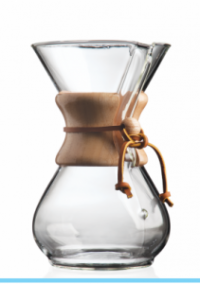
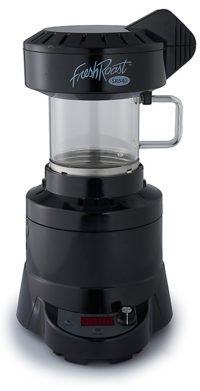

Maria (verified owner) –
Absolute favorite of all the beans I’ve roasted. Write up says “sweeter edge” and I’ve not tasted a sweeter coffee. Have shared with other Coffe lovers who all agree
hillscoffeeroasting (verified owner) –
This was a very tasty cup of coffee. I did not go into second crack, but stayed within a 11-12 min roast. Just FYI, I LIKE DARK COFFEE, but wanted to see if I could bring out some of those rich chocolate/nutty flavors without the bitterness. Wow! This definitely one of the better tasting coffees I’ve had. I did my best of keeping the 48-50% drying stage, 29-32% browning stage and within 18-21% developing time. It was med+ to dark roast and VERY GOOD ?
Robert (verified owner) –
Great tasting Papua New Guinea. I bought three PNG offerings to sample. Of the three, this one was the best and now it’s on sale.
Jerry Pease (verified owner) –
I did a slow roast and took it to just before second crack. Final product was some of the best coffee I’ve drank.
William C. Smith (verified owner) –
I go about 30 seconds into 2nd crack. The aroma off the roasting beans is a sweet honey scent that translates to a sweet flavor in the cup. I’ve found too that it is much tastier after resting for a week before brewing. I mix this often with another Papua New Guinea bean from another source that creates heaven in a cup.
pkgeurts (verified owner) –
This is now our new favorite and daily drinker. I too take it just into second crack and like William Smith said/does, we find that letting sit for a week or so really makes it worth the wait.
Bill Miller –
Bought ten pounds, now wish I’d bought more. Typically we favor light roast, fruit-forward coffees and save the chocolate for dessert, but this coffee was incredibly well balanced at a medium roast – sweet, smooth, delicious!